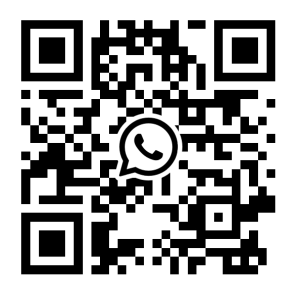Need To Know For The CEO
Episode #14
Matt & Ian
Measure What Matters
The Paradox of Measuring What Matters
The book most leaders read when they want to know more about OKRs is ‘Measure What Matters” by John Doerr. In this podcast Matt and Ian uncover a paradox. While the book has popularised OKRs, it often falls short in guiding organisations on effectively implementing them. Many organisations don’t invest enough in measuring what truly matters – often due to a lack of understanding or resources.
“No book has done more to sell the concept of OKRs, but no book has done less to actually make OKRs work.”
Complexity & Challenges in Measurement
Measuring what matters isn’t just about selecting metrics – it involves a complex process that includes understanding the dynamic nature of business metrics and adapting them over time. Many teams struggle with this due to a lack of skills, time or cultural alignment towards accountability and measurement.
“Some teams don't have the time or skill, and others don't see the value in meaningful measurement.”
Dynamic Nature of Metrics and Adaptation
Matt and Ian emphasise the need for adaptive metrics models in today’s fast-paced world. Static metrics are insufficient. Organisations need to develop adaptive metrics models that evolve with changing business conditions and continuous learning. This dynamic approach allows for more accurate reflections of business performance and strategic alignment.
“You need to have goals to learn and iterate, connected to a data model that changes as the world changes.”
Overcoming Legacy Mindsets
Traditional long-term strategies and fixed cadences are becoming outdated. Modern businesses must embrace more flexible and adaptive approaches to remain competitive. The shift from static to dynamic planning enables organisations to respond quickly to market changes and evolving customer needs.
“The world has never moved so fast. If you're not adaptive, you can't have confidence in your future."
The Role of Metrics Models
A well-constructed metrics model serves as a crucial tool for understanding and visualising the relationships between different metrics within an organisation. It helps in clarifying strategy, setting OKRs, and making data-driven decisions.
“A metrics model answers many questions and provides a picture of your whole business.”
Importance of Proper Tooling
While many organisations rely on tools and templates for OKRs, these often lack depth in addressing the complexities of measurement. A robust metrics model capability is essential, as it ties strategy, metrics, and OKRs together, enhancing overall business management.
“The tools and templates out there are often thin on addressing the complexities of measurement."
Starting Small and Building Momentum
Organisations can achieve significant progress with metrics models even within a short timeframe. By starting small and iterating quickly, teams can develop valuable insights and lay the groundwork for future improvements.
“You can make incredible progress in weeks or even hours in some cases.”
Creating a Framework for Strategic Conversations
Effective strategy and execution require ongoing conversations about goals, metrics, and actions. A well-defined framework for these discussions helps ensure that teams are aligned and focused on making the right decisions at the right time.
“The value happens from the very first moment we start talking about the business, the team, the individuals, and the strategic choices we're making."
All Episodes
- Latest Resources
- Events
- United Kingdom
Ashtead
KT21 1RZ
+44 20 7046 1328

- United States
New York
NY 10013
+1 646-718-4720
- ZOKRI helps leaders and teams achieve strategic goals using the OKR (Objectives & Key Results) framework. Our platform aligns strategy, goals, and people, fostering engagement and growth through comprehensive training and management systems.
© ZOKRI 2026 All rights reserved | Privacy Policy | Terms & Conditions | GDPR